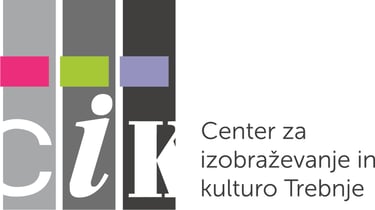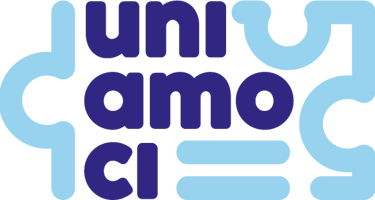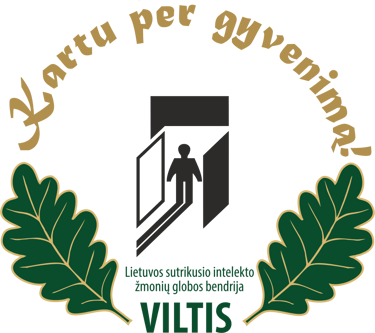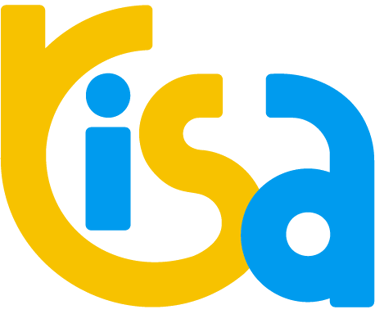Learning and Inclusion with Digital Daily Activities
2024-1-SI01-KA220-ADU-000243489
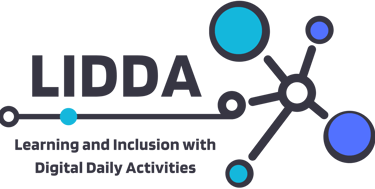

About Our Project
LIDDA (Learning and Inclusion with Digital Daily Activities) is an Erasmus+ project that empowers adults with intellectual disabilities by enhancing their digital skills for everyday life. Through tailored microlearning modules and a MOOC for educators, the project promotes inclusion, independence, and safe online engagement. LIDDA brings together partners from Slovenia, Lithuania, and Italy to create accessible digital learning tools that make e-services and the internet more usable and safer for everyone
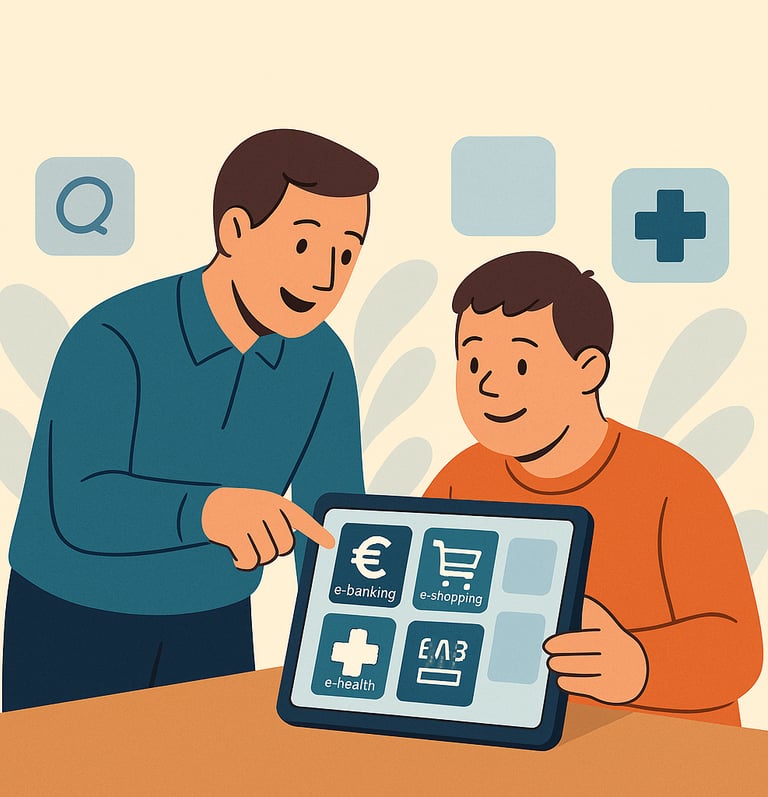

Project Outcomes
1️⃣ 🌐 A MOOC (Massive Open Online Course) platform for educators to self-learn how to create digital educational content for people with intellectual disabilities.
2️⃣ 📚 Micro learning modules for people with intellectual disabilities covering different e-services and the dangers of the internet.
3️⃣ 📖 Recommendations for integrating the methodology into educational systems for people with intellectual disabilities, aimed at policy makers, educational organisations and professionals.
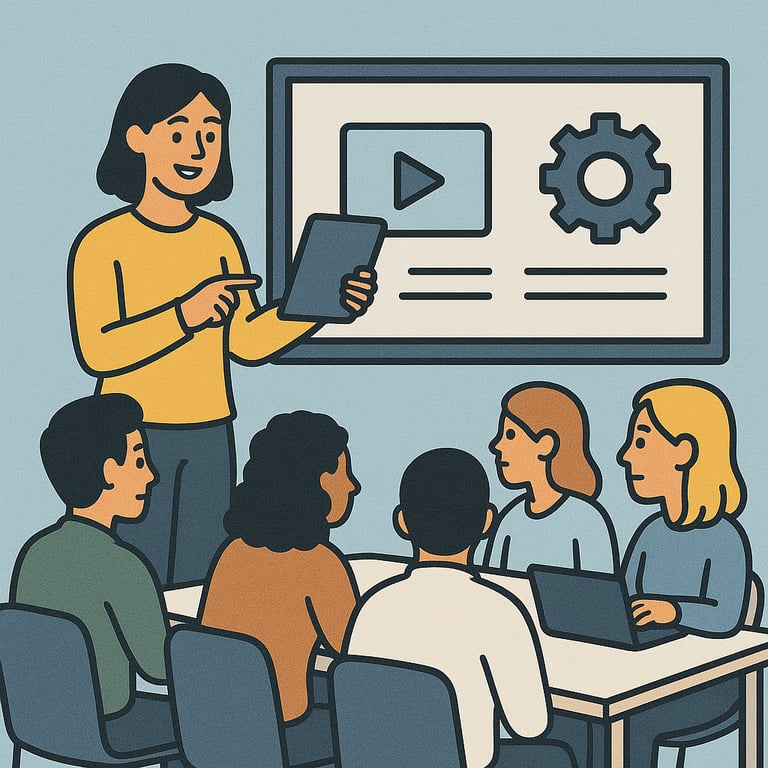

Project Partners
The LIDDA project brings together a strong international partnership of organizations committed to inclusion, digital education, and lifelong learning. Each partner contributes unique expertise—from accessible education and Easy-to-Read communication, to digital training tools and community outreach—ensuring the project's success and impact across Europe.
🤝 Lead Partner
🔹 The Trebnje Center for Education and Culture (Slovenia) – Coordinator
Public adult education center with deep experience in inclusive education and lifelong learning
Coordinates the entire project, oversees quality and implementation
Brings expertise in training adults with intellectual disabilities and digital literacy programs
Leads work on project management and supports MOOC testing via associated partners
🌍 Partner Organization
🔹 VšĮ NEKSER (Lithuania) – Co-leader of MOOC & Technical Development
Experts in e-learning, microlearning, and digital platform development
Co-develops and implements the technical side of the MOOC (video production, platforms)
Organizes the on-site educator training in Lithuania and supports evaluation
Brings strong technical expertise in creating accessible, interactive digital tools
🔹 Centro Socio Educativo UNIAMOCI (Italy) – Pilot Testing & Inclusion Advocacy
Provides residential and daily services for people with ID in Italy
Leads pilot testing of educational modules with people with ID in Italian settings
Brings practical experience from digital storytelling workshops and inclusive education
Supports dissemination and policy-level advocacy at national and EU levels
🌍 Partner Organization
🔹 Lithuanian welfare society of persons with intellectual disability (Lithuania)– Leader of Piloting with People with ID
National association supporting the rights and independence of people with ID
Brings direct access to end users and experts from day care centers and family networks
Coordinates pilot testing of microlearning modules with people with ID in Lithuania
Supports content accessibility, feedback gathering, and national dissemination
🌍 Partner Organization
🌍 Partner Organization
🔹 Centre for general, functional, and cultural literacy (Slovenia)– Co-leader of MOOC Development
National pioneer of Easy-to-Read communication and accessible education
Brings extensive experience in training professionals and creating inclusive content
Co-develops the pedagogical methodology for educators
Leads on inclusion aspects, accessibility, and validation of learning tools for people with ID
Resource Center
Welcome to the LIDDA Resource Center, your hub for accessing all project-developed materials! All resources are free, open-access, and ready to use for teachers, educators, and stakeholders. Stay updated as we continuously add new materials to enhance teaching and learning for people with disabilities!
Policy Recommendations
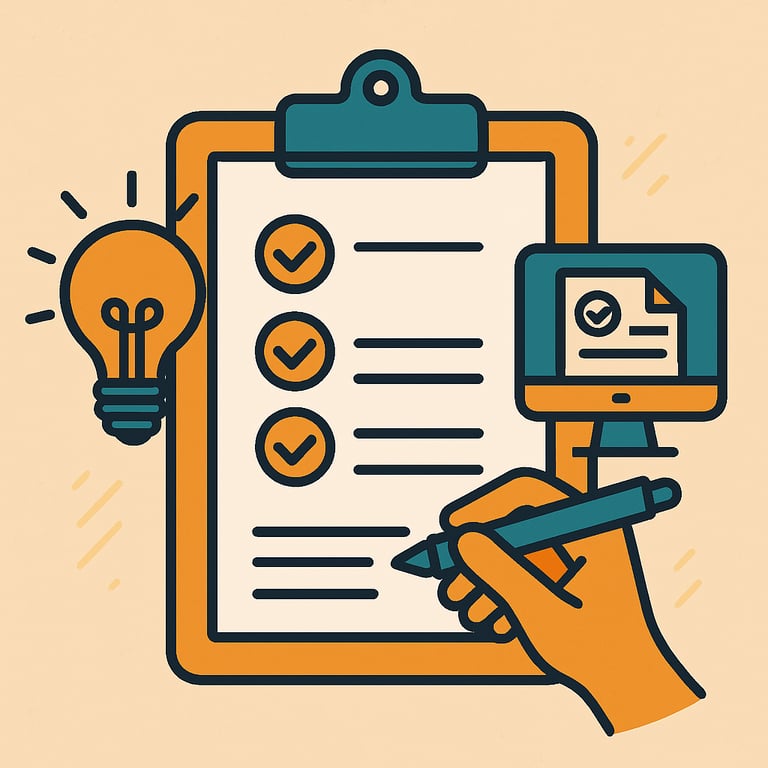

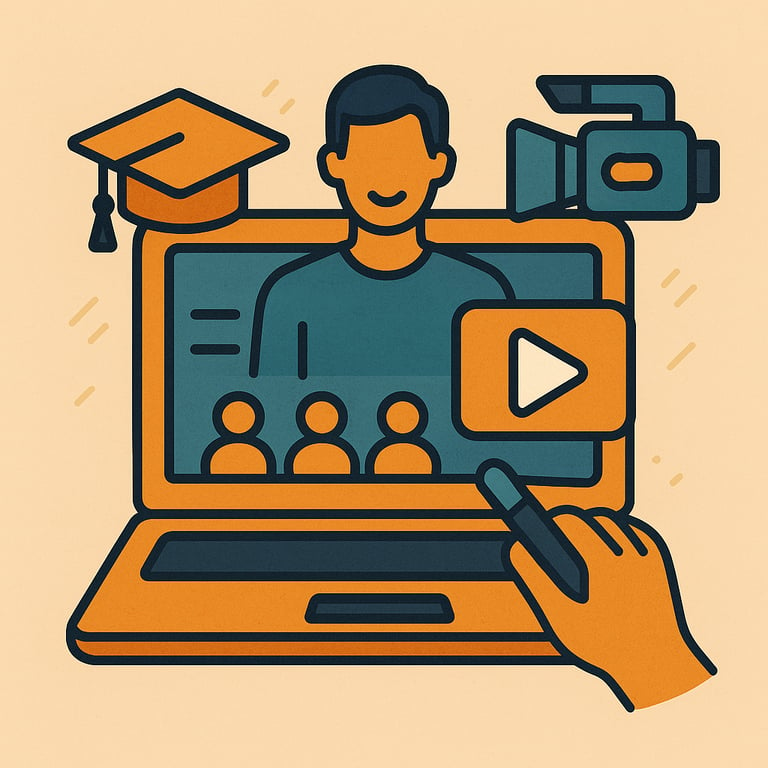

A practical set of guidelines developed to support the inclusion of accessible microlearning and digital training in adult education systems, aimed at influencing policy and promoting digital inclusion across Europe.
MOOC
An online course for educators, that provides pedagogical and technical guidance on how to create inclusive digital microlearning modules for people with intellectual disabilities.

